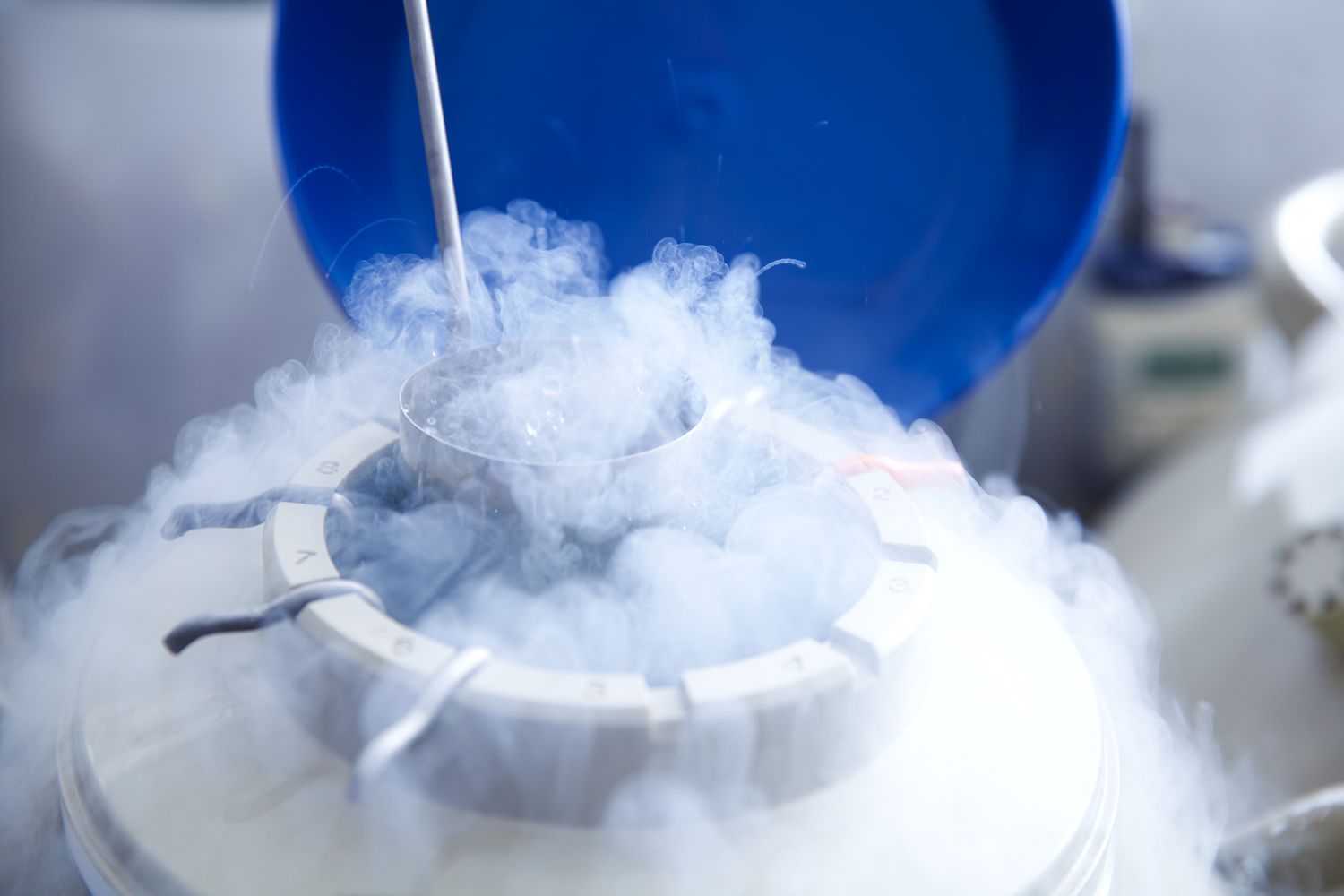Oocyte Freezing
Oocyte or egg freezing is the process where eggs from female are extracted, frozen and stored with liquid nitrogen for later reproductive potential for in women of reproductive age. It is an established science now and no more an experimental procedure. Thousands of healthy babies are born in last decade with frozen eggs. Overall it is an established fact that it doesn’t increase rate of complications.
When one can freeze eggs?
All the young women who wants to continue climbing their career ladder and plan pregnancy once they are established in their career, are planning oocyte freezing. Typical examples are many Bollywood celebrities, who freeze their eggs when they are young and later on they plan pregnancy. Many corporates offer help to their female employees for egg freezing. Even this is option for females with some malignancy undergoing radiotherapy or chemotherapy.
So who needs egg freezing?
1. Women undergoing chemotherapy or radiotherapy for cancer care
2. Fertility preservation for later pregnancy
3. Surgeries that may cause damage to ovaries
4. Females at risk for premature ovarian failure
5. Severe Ovarian disease
